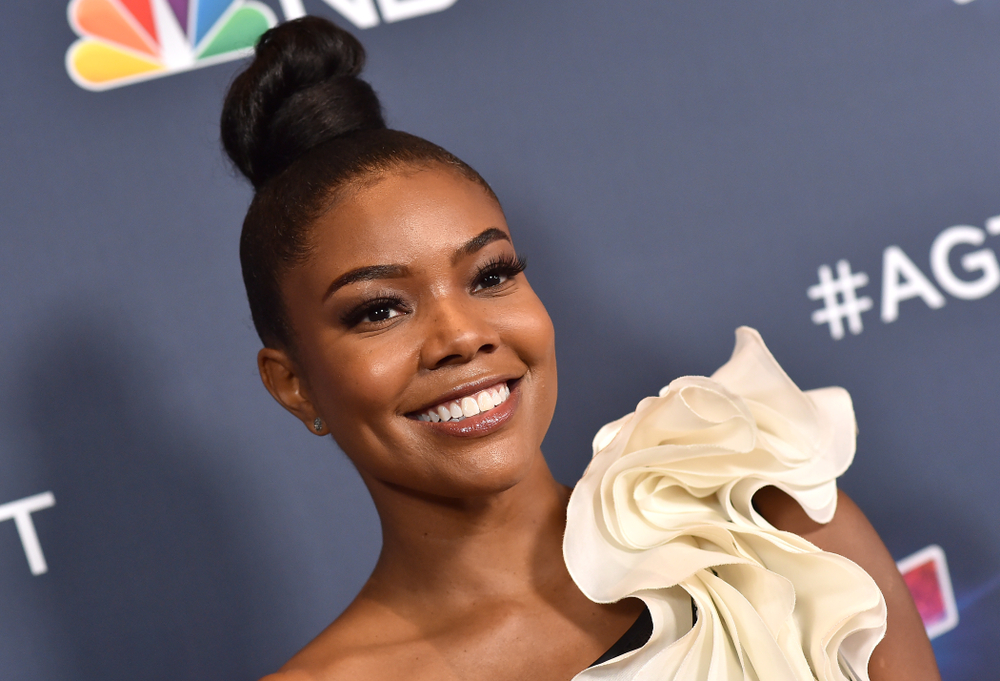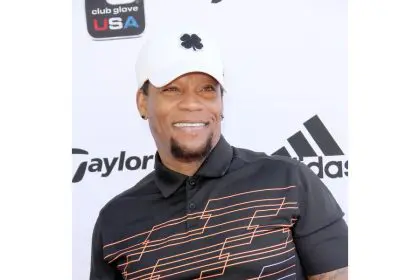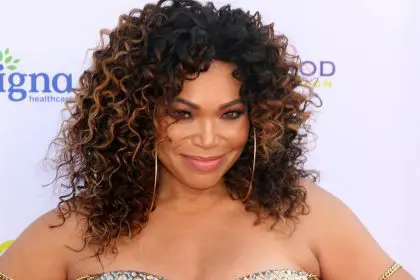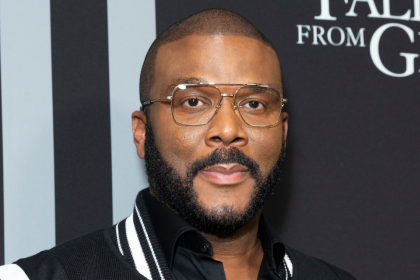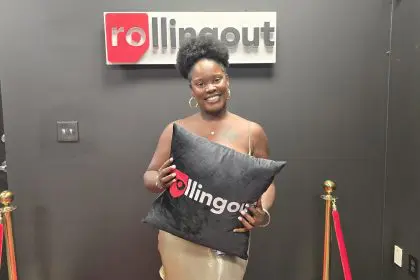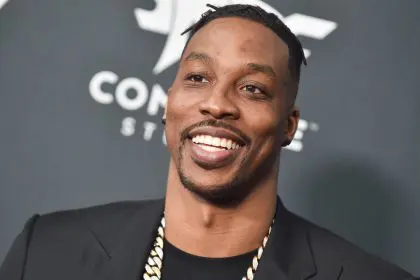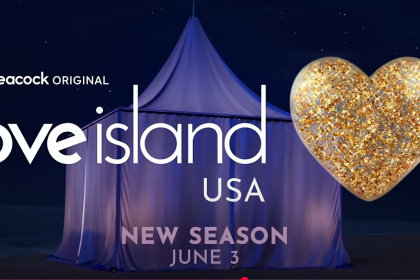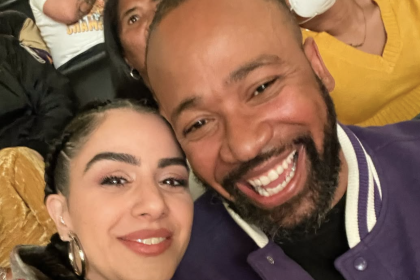Gabrielle Union felt like her “beauty wasn’t wanted” in Hollywood. This sentiment echoes the experiences of many Black actresses who have struggled with industry beauty standards that often favor Eurocentric features.
The actress, renowned for refusing to shy away from uncomfortable subjects, opens up about being a Black actress in the new documentary “Number One on the Call Sheet,” and addresses a major issue that has long plagued stars of color in Tinseltown — the unrealistic and unfair beauty standards they are often held to. The documentary highlights the systemic challenges that have persisted in the entertainment industry for decades.
Union, 52, discussed her experiences in the show alongside other prominent Black stars, including Angela Bassett, Halle Berry and Viola Davis, in the documentary’s second episode — “Black Leading Women in Hollywood.” These acclaimed actresses collectively share powerful insights about their journeys in the industry.
Directed by Shola Lynch, the episode delves into the barriers that have made it difficult for Black actresses to secure leading roles. Lynch is known for her compelling documentaries that explore the intersection of race, gender, and representation in media.
It sees Union speak candidly about how Black women with “coarse hair, melanin, thicker nose, wider nose, wider lips” are often excluded from the narrow definition of beauty in Hollywood. This lack of representation affects not only industry professionals but also how audiences perceive beauty standards.
She added about her battle with reaching stardom in Hollywood: “I started feeling invisible, like my beauty wasn’t wanted. As a romantic lead? No.” This reflects the limited opportunities for Black actresses in romantic leading roles throughout Hollywood’s history.
Despite being widely regarded as one of Hollywood’s most beautiful stars, Union says her talent didn’t provide the same career opportunities her White contemporaries such as Amy Adams, Jennifer Garner and Gwyneth Paltrow, especially at the start of her career. Her observation points to longstanding disparities in casting decisions based on race.
She added: “My look was appealing enough. But not so overpowering that it overshadows the White lead.” Her early roles, such as in the 1999 teen rom-com She’s All That, were often relegated to sidekick or supporting parts. This pattern of casting reflects broader industry trends that have historically limited opportunities for actors of color.
Gabrielle also highlighted a line from the 10 Things I Hate About You script, which describes her character, Chastity Church, as “the less extraordinary, but still cute friend” to Larisa Oleynik’s Bianca Stratford. The film, released in 1999, exemplified the typecasting issues Union discusses.
She said: “And so I was the perfect person to be ‘the friend,’ just left of center of this White girl.” This type of character positioning has been a common practice in Hollywood, with actors of color frequently cast in supporting roles that reinforce racial hierarchies on screen.
As Union‘s career progressed, she often found herself cast in supporting roles, playing the “b–chy, sassy friend.” This stereotype has been particularly prevalent for Black actresses in Hollywood productions over the decades.
But her breakout role as the title character in the 2014–2017 BET TV series “Being Mary Jane” marked a turning point, where she finally took the lead. The series received critical acclaim, demonstrating the audience demand for diverse leading characters.
Lynch spoke highly of the actresses featured in her documentary, saying, “These women represent a singular generation of Black leading actresses — some of the best of the best. I had the great opportunity and responsibility of capturing all of their greatness into one documentary – talk about pressure.” The documentary has been praised for its honest examination of racial barriers in the entertainment industry.
The film comes at a time when conversations about diversity and inclusion in Hollywood have intensified, with various industry initiatives aimed at addressing these longstanding issues. While progress has been made in recent years with more Black actresses securing leading roles, Union’s testimony highlights the continued need for change in industry practices and perceptions.
Through her candid revelations in this documentary, Union contributes to an important dialogue about representation and beauty standards in entertainment, potentially inspiring both industry change and the next generation of diverse talent in Hollywood.

